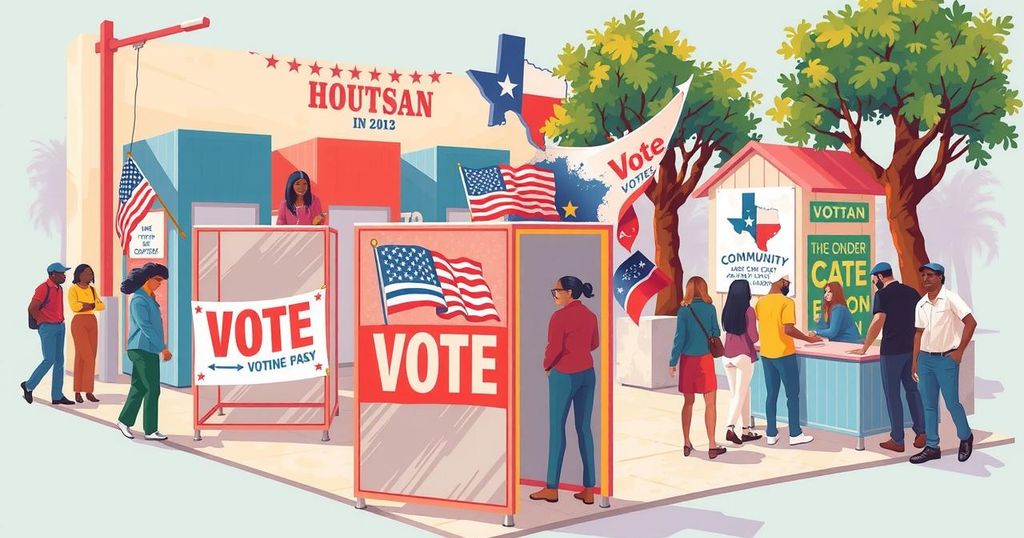Voting Underway for the 39th World Zionist Congress Election: Efforts to Enhance Participation in Houston and Beyond

The 39th World Zionist Congress election has started, aiming to increase turnout among American Jews. Yizhar Hess leads efforts to boost participation, following low voting levels in 2020. The election runs until May 4, with 21 diverse slates competing for 525 delegate positions. The WZC allocates $5 billion to Jewish organizations worldwide, making this election pivotal for Jewish community representation.
The voting process for the 39th World Zionist Congress (WZC) election has commenced, with Yizhar Hess, the vice chairman of the World Zionist Organization, leading efforts to enhance turnout in Jewish communities across the United States. The voting began on March 10 and is set to conclude on May 4. Hess aims to significantly increase voter participation from the previous low turnout of 124,000 ballots in 2020, which accounted for less than 3% of the eligible population, as reported by the Pew Research Center.
This year’s election is being conducted online through zionistelection.org, with a $5 registration fee. Historically, voter turnout in the last WZO election was alarmingly low; for example, although there were 176,000 adult Jewish Texans, only 2,054 participated in 2020. To combat this, Hess plans to visit Houston over Shabbat weekend from March 21-23, engaging with local communities to emphasize the importance of participation.
Hess highlights the potential benefits of increased turnout, citing a hopeful increase in funding for Jewish activities such as camps and educational programs. He noted the voting dynamics of the 2020 election, where Orthodox Jews, despite being a smaller demographic, significantly influenced the outcomes. This year, delegates will be elected proportionately to fill the 525 available positions for the congress scheduled for October 28-30 in Jerusalem.
The World Zionist Congress, often referred to as “The Parliament of the Jewish People,” allocates around $5 billion in funding to various Jewish organizations globally. The election will see 200 delegates chosen by Israel and 152 by voters in the U.S., while other delegates will be selected from communities worldwide.
Voter qualifications include being Jewish with no alternative religious affiliation, being at least 18 years old, and maintaining primary residency in the U.S. The WZO promotes a variety of political movements, with this election featuring a record 21 candidate slates representing a wide spectrum of Jewish thought, including ultra-Orthodox and progressive communities. The competing platforms advocate for various issues including equal religious recognition in Israel for non-Orthodox practices.
This election represents a pivotal moment for American Jews to voice their collective interests, especially in light of significant recent events, according to prominent leaders like Rabbi David Lyon of Congregation Beth Israel. He underscored the importance of voting, stating that it shapes how substantial funding will be directed to support diverse Jewish communities in Israel. Additionally, an array of candidates from the Houston area, including several rabbinical figures, are participating in this crucial voting process.
The ongoing 39th World Zionist Congress election represents a significant opportunity for American Jews to mobilize and influence future funding and policy decisions affecting Jewish life both in the U.S. and abroad. With a concerted effort led by community figures such as Yizhar Hess and the presence of diverse candidates, the hope is to substantially increase voter participation compared to previous elections, thereby enabling a more representative democratic process. The outcome will critically impact the support for Jewish organizations globally.
Original Source: jhvonline.com







